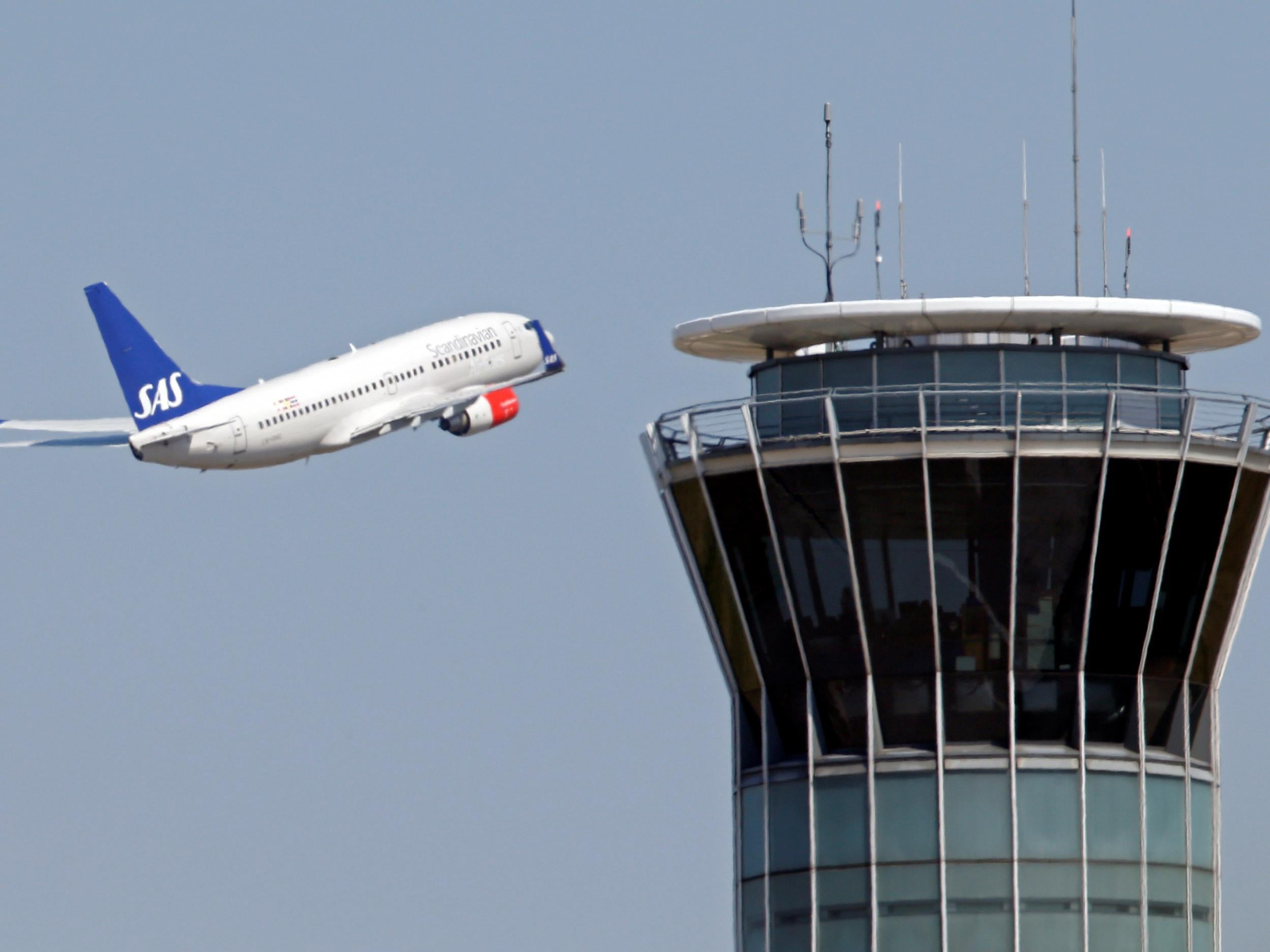Poor spoken English skills among pilots could lead to air disasters, study finds
Communication problems can lead to dangerous misunderstandings between cockpit and ground control, warns Civil Aviation Authority

Your support helps us to tell the story
From reproductive rights to climate change to Big Tech, The Independent is on the ground when the story is developing. Whether it's investigating the financials of Elon Musk's pro-Trump PAC or producing our latest documentary, 'The A Word', which shines a light on the American women fighting for reproductive rights, we know how important it is to parse out the facts from the messaging.
At such a critical moment in US history, we need reporters on the ground. Your donation allows us to keep sending journalists to speak to both sides of the story.
The Independent is trusted by Americans across the entire political spectrum. And unlike many other quality news outlets, we choose not to lock Americans out of our reporting and analysis with paywalls. We believe quality journalism should be available to everyone, paid for by those who can afford it.
Your support makes all the difference.An air disaster could be caused by low levels of English language ability among some pilots and air traffic controllers, a report has warned.
Cheating on exams, corruption and inadequate testing were identified as key problems by an independent review carried out for the Civil Aviation Authority (CAA).
The watchdog commissioned the report over concerns that a lack of fluency in English, the international standard for aviation, could lead to accidents over Britain and abroad.
It identified 267 mandatory occurrence reports (MOR) related to miscommunication in UK-based aviation over an 18-month period.
In one incident, a pilot taxied on to a runway at a Midlands airport without clearance, while one mid-air event involved confusion over left and right on the approach to Manchester Airport.
The report said: “For the safety of the UK travelling public, it is imperative that all pilots and controllers working in international aviation have the proficiency to communicate clearly and succinctly in all situations, routine and non-routine.
“Language-related miscommunication, including lack of ICAO (International Civil Aviation Organisation) proficiency standards, certainly has the potential to be the cause of serious incidents or even accidents.
“Several MOR that reported language-related miscommunication had the potential to develop into serious incidents or accidents.”
The ICAO is a UN agency through which our member states can determine common standards, including English language requirements.
To work in international civil aviation, pilots and controllers are required to pass its Level 4 exams which intend to ensure a minimum standard of English ability.
However the report said it found non-UK pilots and controllers with below-standard English skills and “grounds to suspect cheating on aviation English exams”.
In one country, candidates with no proficiency in English received their certificates after 10 days' tuition - an “impossible” feat, according to one of the report's contributors.
The review also identified “grounds to suspect that some non-native English speakers are not being tested, but instead are granted ICAO Level 4 certificates on 'sweetheart' deals (handshakes, via friends, etc)”.
The researchers identified one startling potential reason for the corrupt deals - the importance of “saving face” in some cultures, where candidates cheat to avoid the embarrassment of forgetting vocabulary and mispronunciation.
The report also found ICAO levels of language proficiency, especially Level 4, are “not robust enough to ensure appropriately clear pilot/controller communication”.
There were examples of pilots switching between English and Spanish or French in skies over Spain and France, while the report also suggested English-speaking pilots were getting “lazy” and not using the correct phraseology in communication with air traffic controllers.
The report, carried out by consultant linguist Dr Barbara Clark, made a series of recommendations including increasing spot checks, improving the reporting of incidents where language was an issue and a crackdown on cheats.
It said: “There should be no room for lack of language proficiency in international aviation.”
A CAA spokesman said it was discussing the report's findings with the Department for Transport, adding: “We will be studying this research and will work with ICAO, other international regulators and the wider aviation industry on any actions that can help (to) enhance safety.”
Press Association
Join our commenting forum
Join thought-provoking conversations, follow other Independent readers and see their replies
Comments